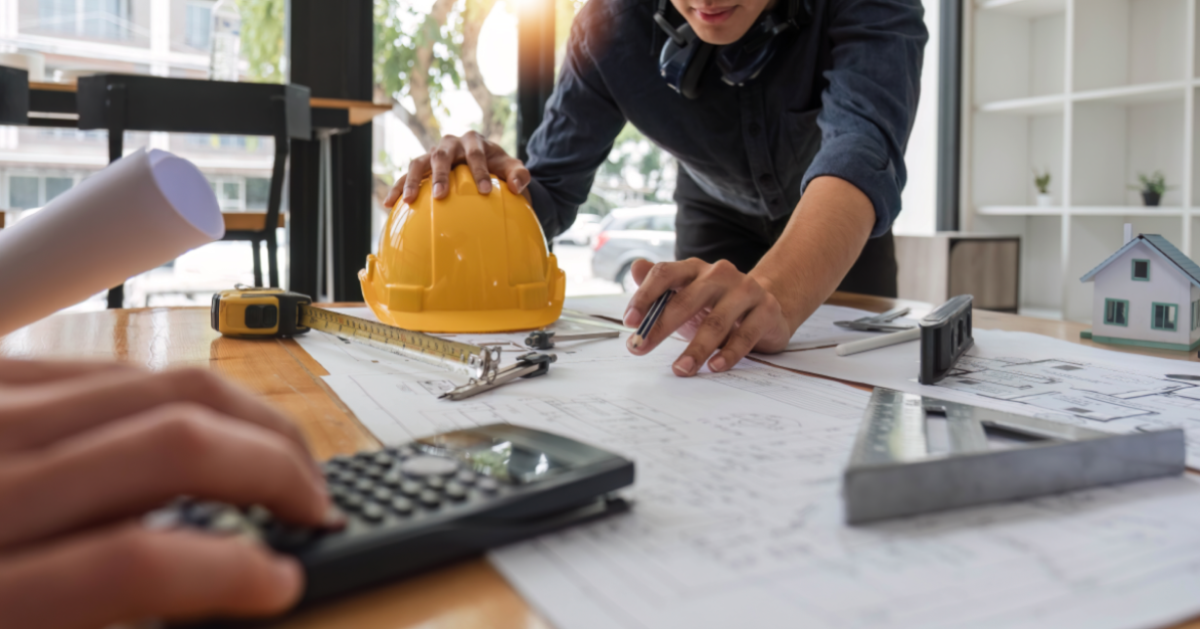Building a custom home is an exciting venture. It allows you to create a space tailored to your specific needs, preferences, and lifestyle. However, one of the most critical aspects of this process is developing a realistic and comprehensive construction budget. A well-planned budget ensures that your dream home becomes a reality without causing financial stress or unexpected surprises along the way. In this article, we’ll walk you through the essential steps to create a custom home construction budget and highlight what you need to know to make informed decisions. Work with experts developing a custom home construction budget.
Define Your Vision and Priorities
Before diving into the numbers, it’s crucial to have a clear vision of what you want your custom home to be. What are your must-have features? Are there specific architectural styles or design elements that are non-negotiable? Identifying your priorities will help you allocate your budget effectively.
For instance, if having a gourmet kitchen is a top priority, you might allocate more funds to high-end appliances, custom cabinetry, and quality countertops. On the other hand, if outdoor living spaces are less important, you could choose to invest less in landscaping or patio design. Defining your vision early on helps you stay focused and make informed financial decisions as you proceed.
Research and Understand Costs
Understanding the various costs associated with building a custom home is essential for developing a realistic budget. Start by researching the average cost per square foot for custom homes in your area. This will give you a rough idea of what to expect, though the final cost can vary based on factors like location, materials, and design complexity.
Here are some key costs to consider:
Land Costs: The price of the lot where you plan to build can vary significantly based on location, size, and whether it’s already developed. Don’t forget to include expenses like land surveys, soil tests, and site preparation.
Design and Architecture Fees: Hiring an architect or designer to create your custom home plans is a significant investment. These fees can range from 5% to 15% of the total construction cost. Be sure to include these in your budget.
Construction Costs: This includes labor, materials, and construction management fees. Keep in mind that material costs can fluctuate, so it’s wise to include a contingency fund for unexpected price increases.
Permits and Fees: Local regulations may require various permits, such as building permits, environmental assessments, and inspections. These fees can add up and should be factored into your budget.
Utilities and Infrastructure: Connecting your home to utilities like water, sewer, electricity, and gas can be costly, especially if you’re building in a rural area. Additionally, consider the cost of installing infrastructure like driveways, septic systems, or wells.
Interior Finishes: The cost of interior finishes, such as flooring, paint, fixtures, and cabinetry, can vary widely based on your choices. High-end materials and custom finishes will increase your budget, so plan accordingly.
Set a Realistic Budget
With a clear understanding of the costs involved, it’s time to set a realistic budget. This budget should reflect your financial situation, including your savings, income, and any loans or financing you plan to use. It’s essential to be honest about what you can afford to avoid overspending.
When setting your budget, consider the following:
Contingency Fund: Construction projects often come with unexpected expenses. Set aside 10% to 20% of your total budget as a contingency fund to cover unforeseen costs.
Prioritize Wisely: Revisit your vision and priorities. Allocate more funds to areas that matter most to you and be prepared to compromise on less critical aspects if necessary.
Stay Flexible: While it’s important to stick to your budget, be prepared to make adjustments as needed. Flexibility will help you manage unexpected changes without derailing the project.
Work with a Qualified Builder
Choosing the right builder is one of the most critical decisions in the custom home construction process. A qualified builder can provide valuable insights into costs, timelines, and potential challenges. They can also help you stay within your budget by offering cost-effective solutions and alternatives.
When selecting a builder, consider the following:
Experience and Reputation: Look for a builder with experience in custom homes and a strong reputation for quality work. Check references, read reviews, and visit completed projects to assess their craftsmanship.
Transparent Pricing: A trustworthy builder will provide transparent pricing and detailed estimates. They should be willing to explain the costs and work with you to adjust the budget if necessary.
Communication: Open and clear communication is vital throughout the construction process. Choose a builder who listens to your needs, provides regular updates, and addresses any concerns promptly.
Plan for Ongoing Costs
Building a custom home isn’t just about the initial construction costs; it’s also about planning for ongoing expenses. These costs can include property taxes, insurance, maintenance, and utilities. Estimating these expenses early on will help you avoid financial strain after moving in.
Property Taxes: The amount you’ll pay in property taxes depends on your home’s value and local tax rates. Research these rates and factor them into your budget.
Homeowners Insurance: Protecting your investment with adequate homeowners insurance is essential. Premiums can vary based on factors like location, home value, and coverage options. Be sure to include this in your ongoing budget.
Maintenance: Custom homes often feature unique materials and designs that may require specialized maintenance. Consider the long-term care costs for features like high-end finishes, landscaping, or custom installations.
Monitor Your Budget Closely
Once construction begins, it’s crucial to monitor your budget closely. Track expenses regularly and compare them against your initial estimates. This will help you stay on track and make adjustments as needed.
Regular Updates: Work with your builder to receive regular updates on the project’s progress and costs. This transparency allows you to address any budget concerns promptly.
Avoid Scope Creep: It’s easy to get carried away with additional features or upgrades during construction. While it’s tempting to add extras, be mindful of your budget. Stick to your original plan unless you’re willing to adjust your budget accordingly.
Plan for the Unexpected
Even with meticulous planning, unexpected issues can arise during construction. Whether it’s a delay due to weather, a material shortage, or an unforeseen structural issue, it’s important to be prepared.
Having a contingency fund in place and maintaining open communication with your builder can help you navigate these challenges without compromising your budget. Flexibility and patience are key to managing the unexpected while keeping your project on track.
Developing a custom home construction budget is a complex but essential part of building your dream home. By defining your vision, understanding costs, setting a realistic budget, and working with a qualified builder, you can create a financial plan that supports your goals. Monitoring your budget closely and planning for ongoing costs will ensure that your custom home is not only a beautiful space but also a sound investment. With careful planning and the right approach, your dream home can become a reality without financial surprises or stress. Work with experts developing a custom home construction budget.


